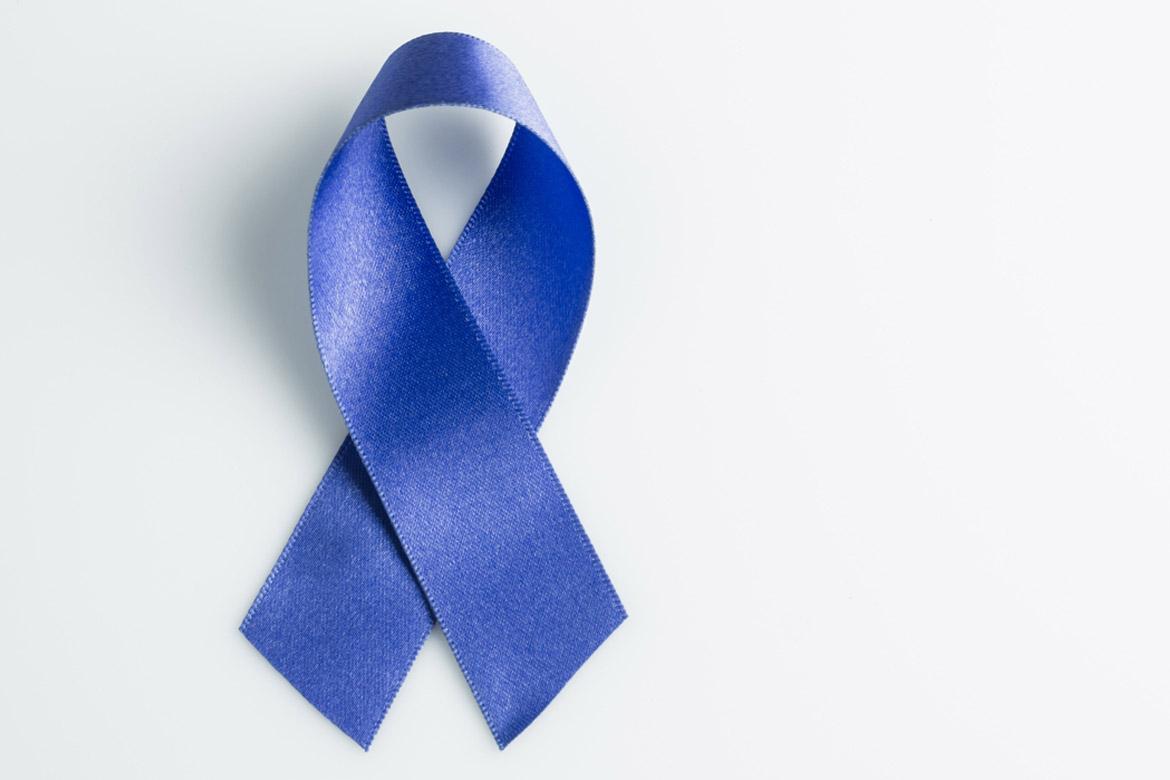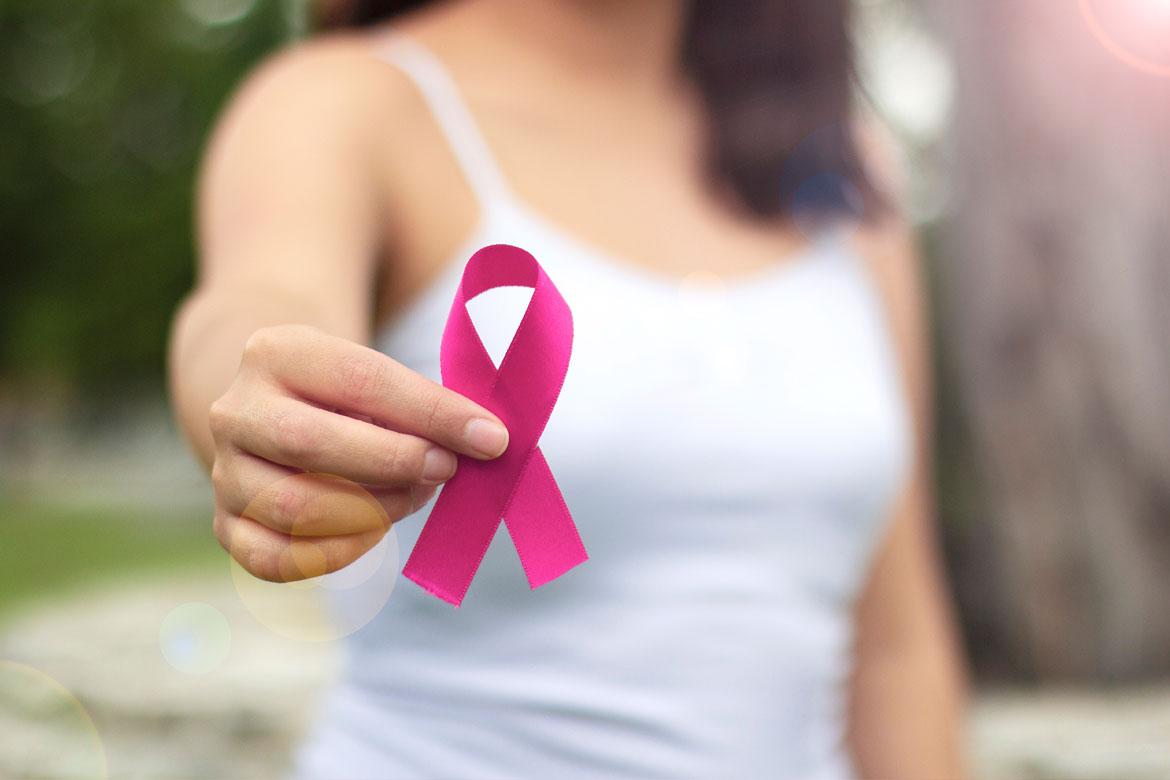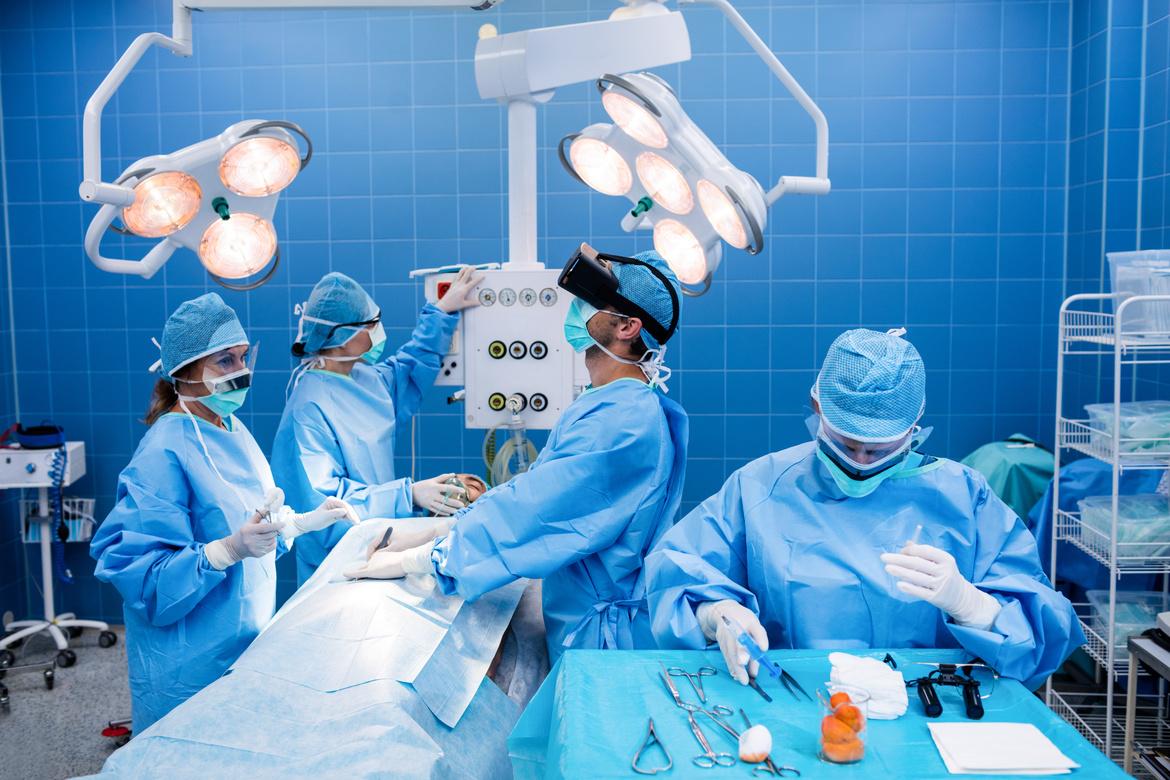-
-
Featured Care Areas

Gall Bladder Cancer
How is gall bladder cancer diagnosed?
In its early stages, gall bladder cancer is difficult to diagnose as its location deep inside the body makes it hard to feel in a physical examination.
Your doctor will also speak to you about your symptoms and family history. There are also some tests which can help your doctor arrive at a diagnosis. These include:
- Liver function and blood tests to check for substances that may indicate disease
- Computed tomography (CT) scan to allow your doctor a clear view of the gall bladder and surrounding areas
- Endoscopic ultrasound to create images of internal tissues and structures
- Percutaneous transhepatic cholangiography (PTC) to create a clear X-ray image
- Endoscopic retrograde cholangiopancreatography (ERCP) to detect if there is narrowing of the bile duct which can lead to jaundice
- Laparoscopy to check for abnormalities
- Biopsy to remove cells or tissue samples to be tested for cancer cells
Gall bladder cancer is also sometimes detected when a person undergoes treatment for gallstones.
How is gall bladder cancer treated?
Treatment for gall bladder cancer will depend on the stage of the cancer as well as your overall health and lifestyle preferences.
To remove the cancer completely, your doctor may recommend:
- Surgery to remove the gall bladder (cholecystectomy), if the cancer is still confined to the gall bladder
- Surgery to remove the gall bladder and parts of the surrounding organs, if the cancer has spread to the liver, lymph nodes or bile ducts
If the cancer cannot be completely removed, or if there is a risk that cancer cells remain, your doctor may recommend additional treatments to prevent the cancer from returning:
- Chemotherapy delivers strong medicines to kill cancer cells, orally or intravenously, or as a combination of both. Chemotherapy may be used to relieve symptoms if surgery is not an option, prior to surgery to shrink the tumour, or after surgery to kill any cancer cells that could not be removed.
- Radiotherapy uses high-powered beams to destroy cancer cells. It may be used in combination with chemotherapy or used to manage pain that is caused by the tumour if surgery is not an option.
- Targeted therapy uses medications to block the cancer’s ability to grow. It may be advised for advanced gall bladder cancer.
- Immunotherapy boosts your immune system to fight cancer, which may be advised for advanced gall bladder cancer.
This coverage checker is brought to you by Health Insured, an online resource that helps you understand your health coverage in Singapore.
This page has been reviewed by our medical content reviewers.
Need help?
For enquiries, please call
+65 6575 7575
For appointment bookings, please WhatsApp
+65 8111 9777








